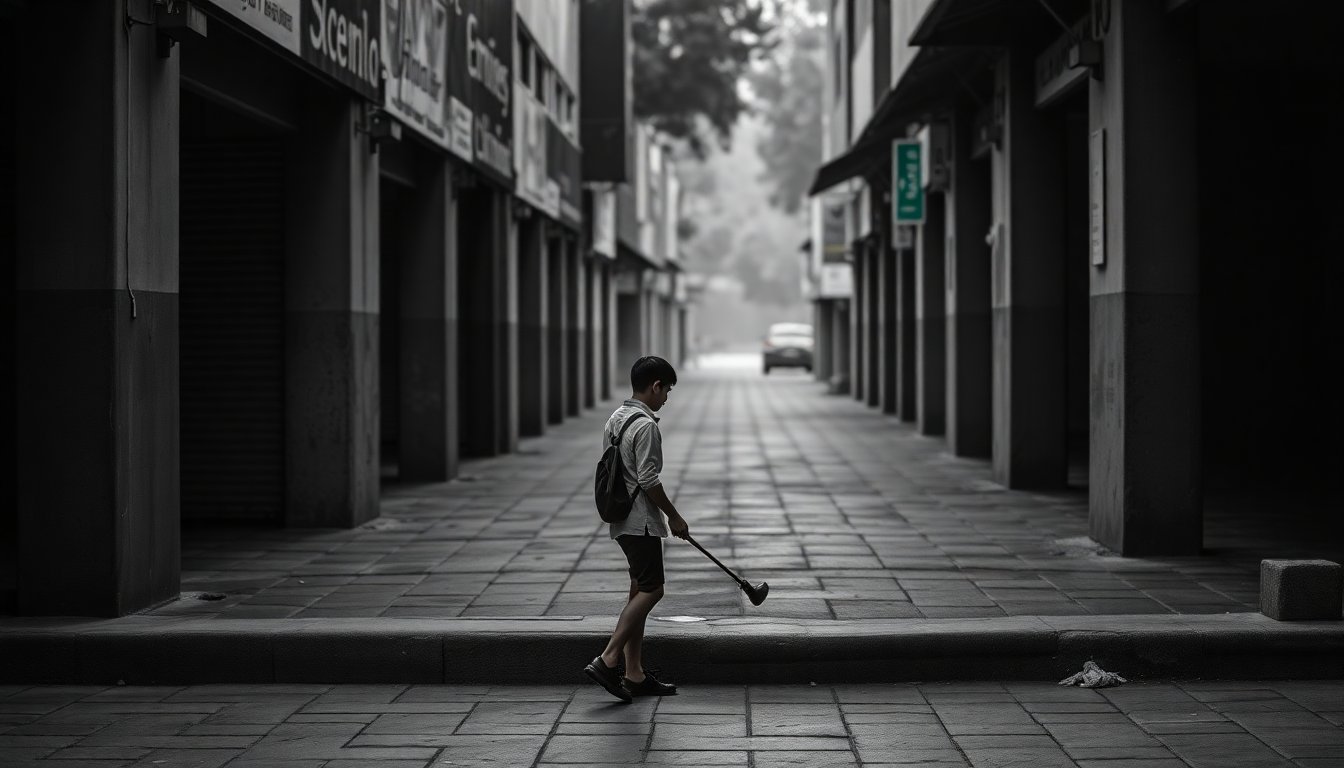Table of Contents
The imprisonment of Nicolas Sarkozy, former President of France, represents a significant event in the nation’s political history. This situation underscores the legal difficulties encountered by prominent politicians and raises questions about the independence of France’s judicial system. Sarkozy’s conviction stems from allegations that he received illegal funding from Libya for his 2007 presidential campaign, resulting in a five-year prison sentence.
As Sarkozy begins his sentence at La Santé prison in Paris, citizens and political analysts are scrutinizing the broader implications of this ruling. Historically, the French judiciary has been viewed as an independent institution; however, recent developments have sparked concerns about potential overreach in prosecuting political figures.
The case against Sarkozy: A closer look
Sarkozy was found guilty of corruption and financial misconduct, particularly regarding the financing of his 2007 electoral campaign. The charges allege that he accepted substantial donations from the Libyan government under Muammar Gaddafi. This case highlights ongoing challenges in maintaining ethical standards within political financing.
Public reaction and political implications
Following his departure from his residence, Sarkozy encountered a crowd of supporters chanting slogans in his favor. This reaction reflects a considerable segment of the French population that views the legal proceedings as politically driven. Sarkozy has maintained his innocence, labeling the judicial process as a scandal he has faced for over a decade.
As the former president embarks on this new chapter, his legal team has announced intentions to appeal the ruling. This case has sparked national debates, with differing opinions on whether it represents a necessary act of accountability or if it exemplifies judicial overreach.
Judicial independence in France: A double-edged sword
France’s judiciary is recognized for its independence, a characteristic that garners both praise and criticism. A strong judicial system is crucial for upholding the rule of law and ensuring that no individual, regardless of status, is above the law. However, the prosecution of high-profile politicians can lead to perceptions of judicial overreach.
Comparative analysis with other political figures
Sarkozy’s situation is not unprecedented. In 2025, another prominent political figure from the far-right faced similar legal challenges. The simultaneous convictions of two high-profile politicians in one year raise questions about the motivations and consequences of such judicial actions. Are these cases isolated incidents, or do they indicate a broader shift in political accountability in France?
Proponents of judicial independence argue that these cases reinforce the principle that political leaders must adhere to the law. Conversely, critics worry that such actions may discourage future political engagement and suppress dissenting voices in the political sphere.
The future of France’s political landscape
As France grapples with the aftermath of Sarkozy’s imprisonment, the future of its political landscape is uncertain. The ramifications of this case extend beyond Sarkozy and impact the core of French democracy. Will this lead to reforms in political financing laws? Or will it result in heightened scrutiny of judicial actions against political figures?
The discourse surrounding Sarkozy’s case serves as a microcosm of the broader tensions between judicial authority and political freedom in France. As citizens continue to confront the consequences of this ruling, the critical question persists: has the judiciary overstepped its bounds, or is this a vital step toward enhanced accountability?


